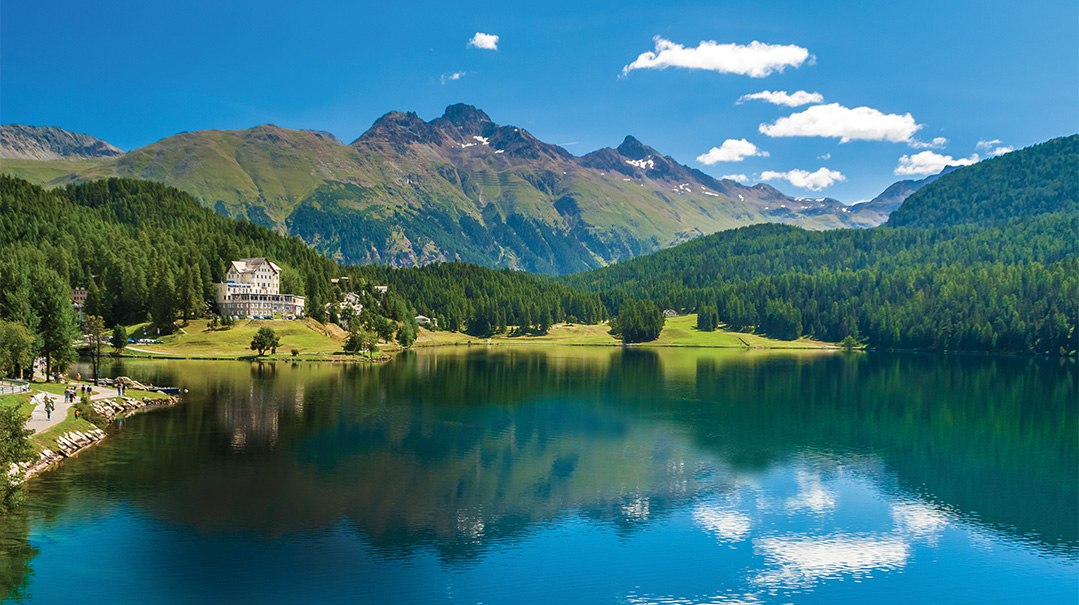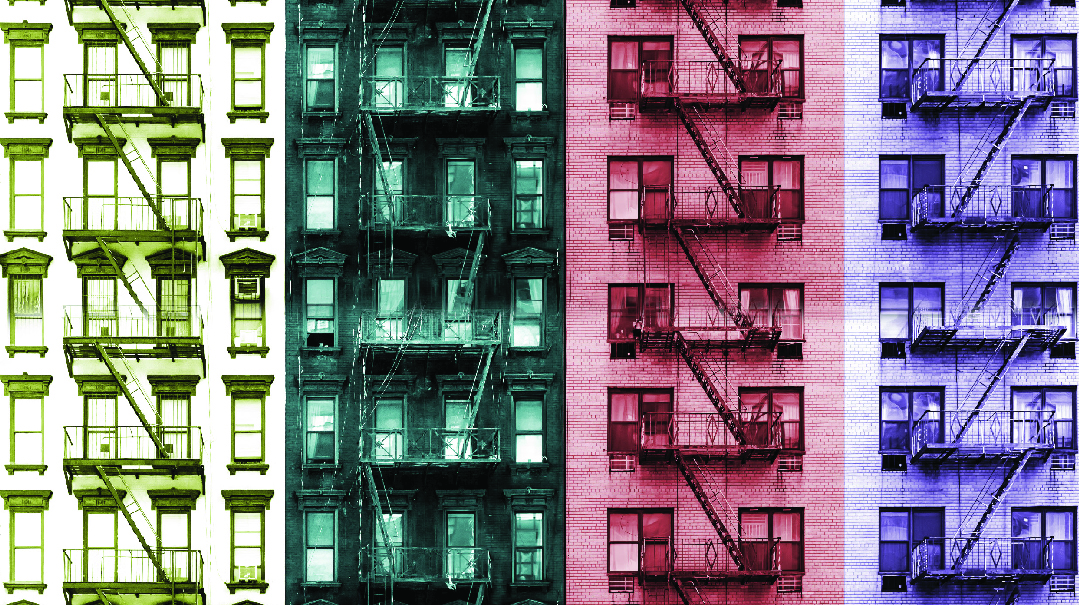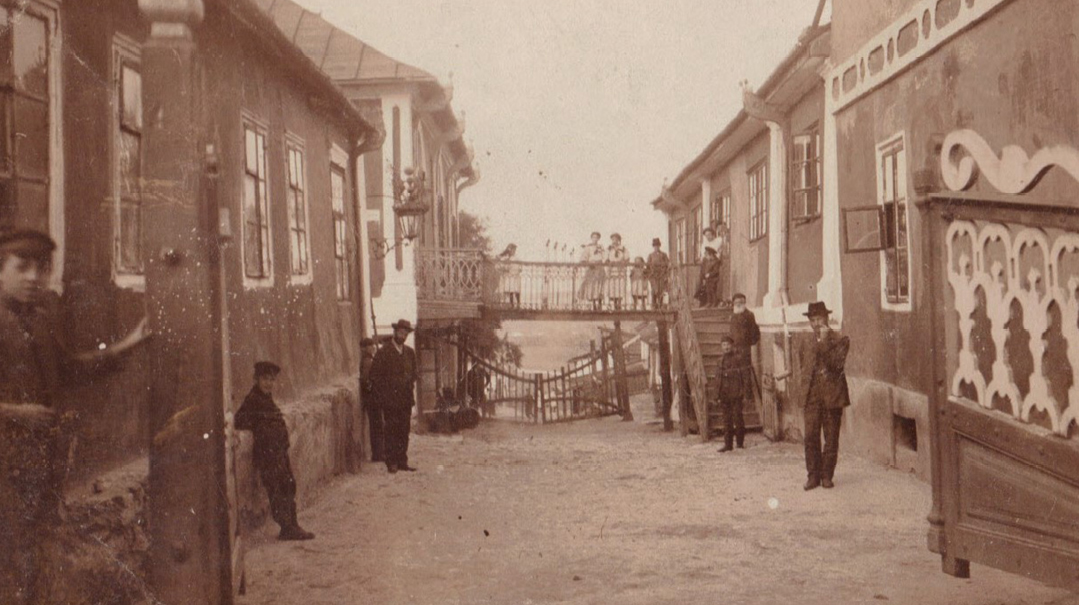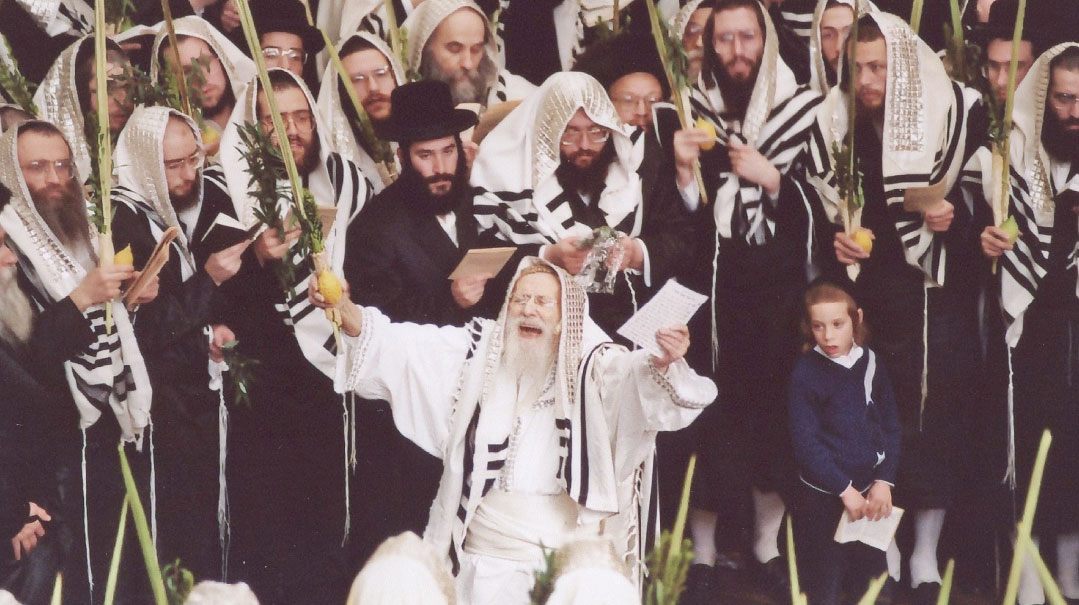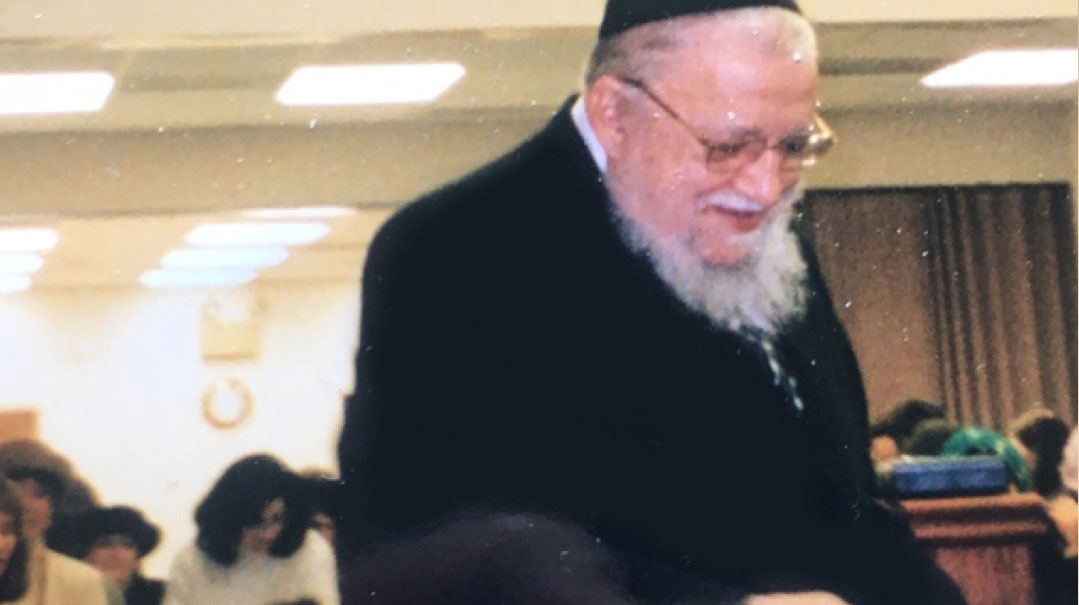The Rhythm of Repentance
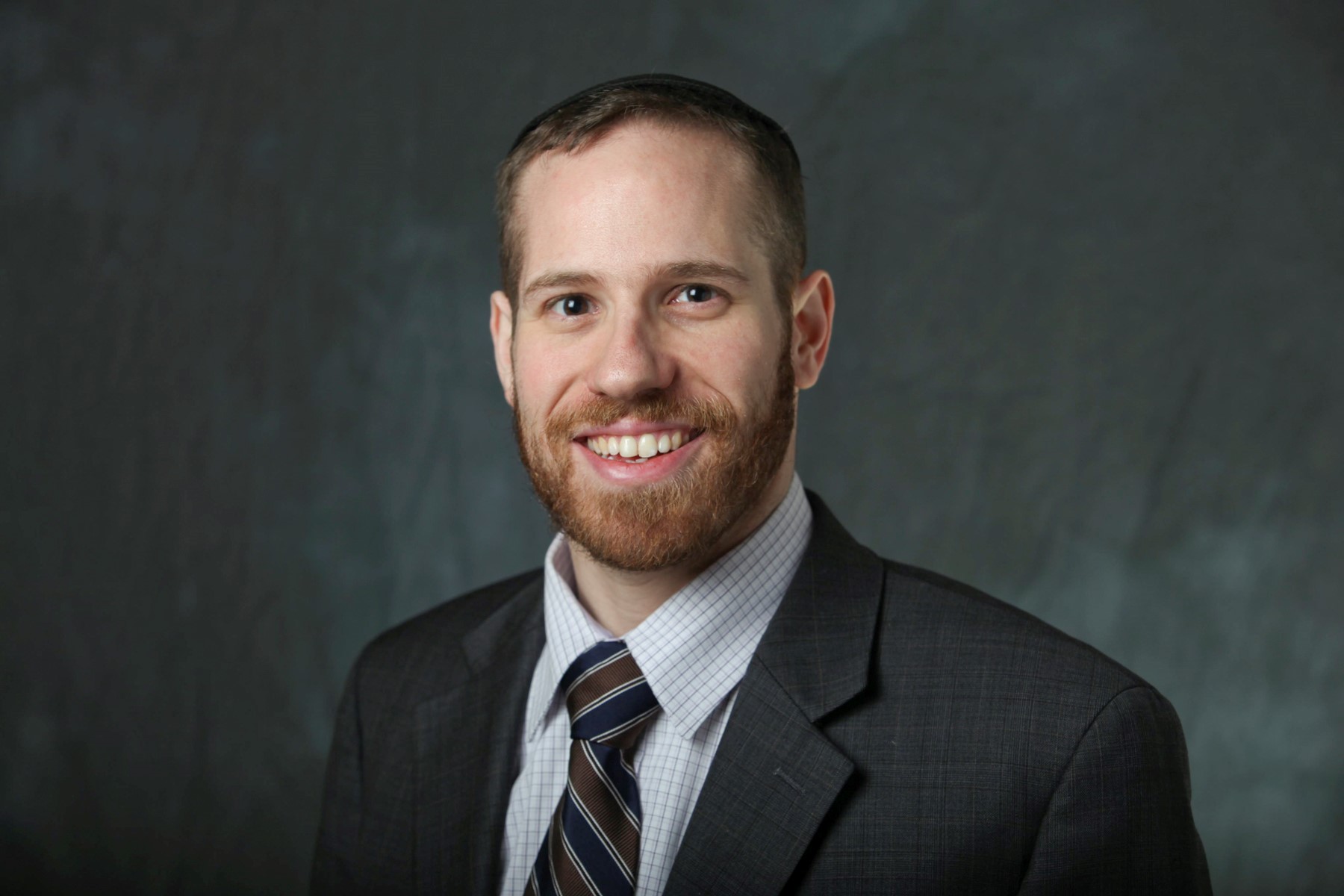
In the pleasant afterglow of Yom Kippur we are happy to just sit in the moment with our mitzvos

WE
start Selichos when summer is still fading. Sunburnt, pleasantly tired, basking in the afterglow of camp, vacation, or a long stay in “the country,” we turn to weightier matters.
“Selach lanu — forgive us,” we daven, but for many of us, our minds are still back in the swimming pool. After a few days, perhaps, our souls catch up to our bodies, and we start to feel the weight of Tishrei approaching. We push ourselves to continue waking up early in the morning for Selichos, and we start looking forward rather than back — Rosh Hashanah is coming, and with it, judgment for the new year.
“Mechal lanu — pardon us,” we say, and we feel it this time, the heaviness of the impending Yom Hadin. Yet at the same time we’re full of hustle and bustle, honey cakes, new fruits, school projects, and simanim. We daven and we stand in awe of the shofar’s call: Teshuvah! Return! But we’re also wondering if the baal tokeia will make it through without an error, and will the davening be finished before two, and what will the weather be like for Tashlich?
Now the Aseres Yemei Teshuvah are upon us. There’s a warm-up fast a week before Yom Kippur, and the Selichos start to get longer — this isn’t practice anymore, this may be the real thing.
Erev Yom Kippur is fast and slow. A sense of apprehension and unease permeates everything. A swinging chicken signifying the life-and-death nature of our daily choices only cements the dreamlike nature of the day. With mikveh and a major feast right before a major fast, the whole day feels somewhat surreal.
At Minchah we start the Al cheits — we’re not yet out of the weekday mindset, but we start thinking seriously about our sins. The transition from Minchah to the seudah is like bringing a bit of Yom Kippur into the weekday so that we can celebrate this holy day with food and drink, as we do on all other holidays. It’s hard to think about food, however, when you’re beating your breast over your many sins, knowing that in just a few short hours, G-d will be sitting in judgment over those very deeds.
Yom Kippur itself begins slowly, people swollen with too much food, listening to the haunting tune of Kol Nidrei in a bit of a torpor as they put on their kittels. The rabbi speaks — some are energized; some drowse. Maariv and Selichos pass, then the gentle walk home to sleep in preparation for the long day ahead.
Cotton-mouthed, we begin Shacharis, and slowly wake without the benefit of coffee, as we make our way into the Al cheits in the silent Shemoneh Esreh.
“Kaper lanu — atone for us,” we ask, and now we really feel it. We’re not thinking about the time, the fast, or where the chazzan is in relation to us; we’re focused on our standing vis-à-vis our Maker. But then, just as we’re flowing along, chazaras hashatz changes the tempo, and we pull back, as if to say “slow down,” and we shift to long piyutim, singing, and choral repetition. Then, once again, Al cheit, but this time together with everyone else. It’s a little less personal, more reliant on the crowd; we’re hoping that our collective guilt will be forgiven thanks to our collective merit. We look around furtively and hope that we’ve chosen a congregation worthy of redemption.
Finally, Avinu Malkeinu, chatanu lifanecha — we’ve sinned, and not just sinned, but sinned before You. “We have no King other than You,” we cry. Redeem us for Your sake, if not for ours.
And then suddenly, Shacharis is over and aliyos are being sold, a discordant note on this holy day. Laughter during the bidding, some heads down as the headaches and hunger start to tickle the senses, others with their seforim out as we move through leining and haftarah until the klop on the bimah startles us: Yizkor!
Some stay and some leave; it’s an opportunity to take a deep breath and prepare for Mussaf.
Mussaf starts with the chazzan asking permission to pray: “Behold I stand here impoverished of good deeds.” And despite his sins, we ask him to pray for us as we pray for ourselves. We have more energy now at Shemoneh Esreh — we have practiced already today, and by the time we reach our confession, we know what we want to say.
We don’t get comfortable, though — instead, the pace picks up as the chazzan moves on to the Yom Kippur Avodah itself. We walk with the Kohein Gadol through the Mikdash as he carefully performs the rituals of the day — to the mikveh and back, changing clothes, the mysterious Azazel goat, and then the sprinkling of the blood to ask for atonement. One; One and One; One and Two… we bow on the floor again and again. We follow the Kohein Gadol as he emerges unharmed from the Kodesh Hakodoshim; we sing the uplifting piyut of Mareh Kohein, recognizing in the Kohein Gadol’s appearance the most glorious sights known to man.
We feel uplifted, as if the Kohein Gadol’s success 2,000 years ago in providing atonement to the people also indicates our forgiveness. But as if to disabuse us of that notion, the piyut of the Asarah Harugei Malchus, killed by the Romans in the most awful, shocking ways, brings us back to earth as we transition once again to the public Al cheits.”Please, Hashem,” we cry, the death of the martyrs fresh in our minds, “Selach lanu, mechal lanu, kaper lanu!”
Finally, we reach Bircas Kohanim, and Hayom Te’amtzeinu — Accept our prayers, Hashem; support us with Your Hand of righteousness. And then abruptly we stop.
Home for a brief nap, and then the rush back for Minchah. There’s a different feel in the shul now. We’ve been davening all day; we’re tired, hungry, and some of us are beginning to feel the intense headache of caffeine withdrawal. But it’s hard not to be moved by Maftir Yonah, a strange and powerful story that leaves us marveling at the power of teshuvah, while wondering at the mystery of how and why G-d runs the world as He does.
We slip into Shemoneh Esreh fluidly, and by the time we reach Vidui our sins are so familiar they seem banal, almost comfortable. Weary and tired of arguing, we move quickly now, even though it’s our last chance to ask forgiveness.
“We’ve sinned; pardon, forgive, atone for us,” we plead.
Chazaras hashatz moves quickly, and the rabbi speaks before Ne’ilah, rallying the troops. We’re scared now; the day is waning, and the judgment will soon be sealed. We no longer say “kasveinu — inscribe us,” but chasmeinu — seal us,” in the Book of Life. We daven, and we mean it, but by now the words are almost beside the point. By the time we reach Selichos, the speed of the tefillah has increased; the beat has picked up tremendously, and there are barely a few lines of piyut to break up the repetition of the Yud-Gimmel Middos: Keil Malei, Vayaavor, Hashem, Hashem; Keil Malei, Vayaavor, Hashem, Hashem; Keil Malei, Vayaavor, Hashem, Hashem — over and over, we’re not even conscious of what we’re saying, we’re so wrapped up in our emotions. Even the piyut is just an expression of tears. We know the gates of tears are never closed, and with real tears pouring down our face, we cry that we have nothing of value but G-d’s Torah.
There’s no time now to enumerate sins — we’ve been there and done that already. This is the time to cry.
From the slow beginning of Kol Nidrei, we’ve made our way to the frenetic close of Ne’ilah, as the shul practically screams, “Avinu Malkeinu — don’t turn us away empty-handed!”
And then finally, with every ounce of strength, we say Shema once, Baruch Sheim thrice, and a last simple declaration, seven times, as loud as we can: Hashem Hu haElokim. We’re not asking for anything now — the judgment is sealed and we have no idea what’s in store — all we know is that Hashem is G-d. There’s no good, there’s no bad; there’s no light, there’s no dark. We’ve said everything there is to say, and words are useless — there’s only Hashem, and that’s what we scream.
And then the shofar blows. Suddenly we look around — shaky, disoriented. “Barechu,” the call resounds. Maariv? Now? Must be.
In a state of shellshock, we daven Maariv, remove our tallis and kittel, and bless the moon — tis’chadesh!
We head home, and make Havdalah — extra kavanah in our brachah, careful about the brachah acharonah, coming down off the wave of Yom Kippur exultation to treat our mitzvos with the respect they deserve. We know that this level of care is unsustainable for most of us, that soon — in a couple of days, a week, maybe a month — we’ll be back to saying our brachos fast and in a mumble, forgetting some and slighting others. But so what? We’re saying the brachah right now, not later, and in the pleasant afterglow of Yom Kippur we are happy to just sit in the moment with our mitzvos.
In any event, we can’t worry too much about these things now — we have a succah to build and an esrog to buy.
(Originally featured in Mishpacha, Issue 930)
Oops! We could not locate your form.


